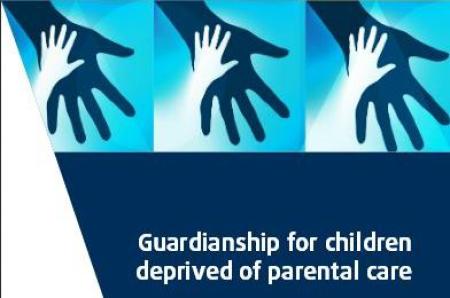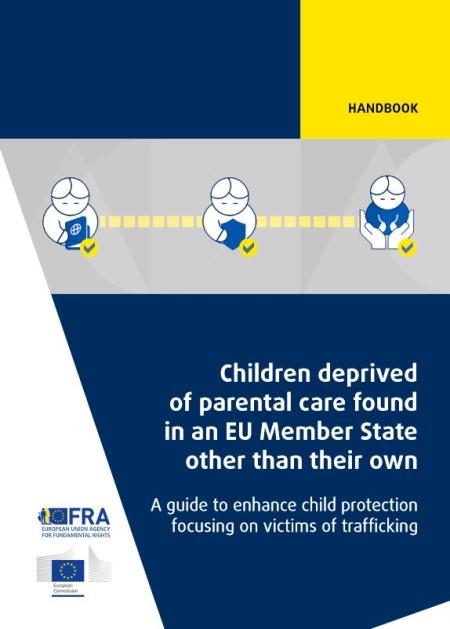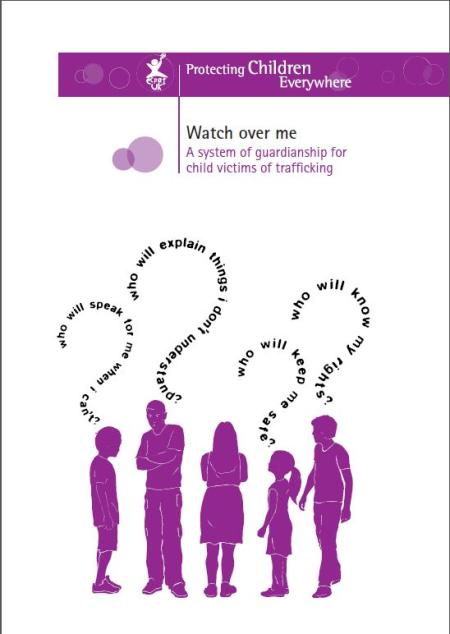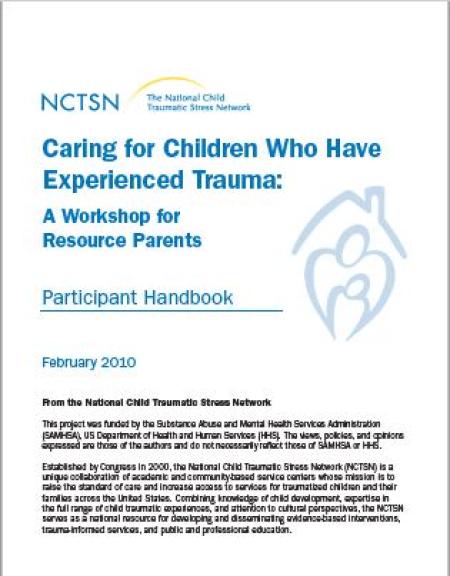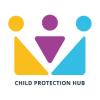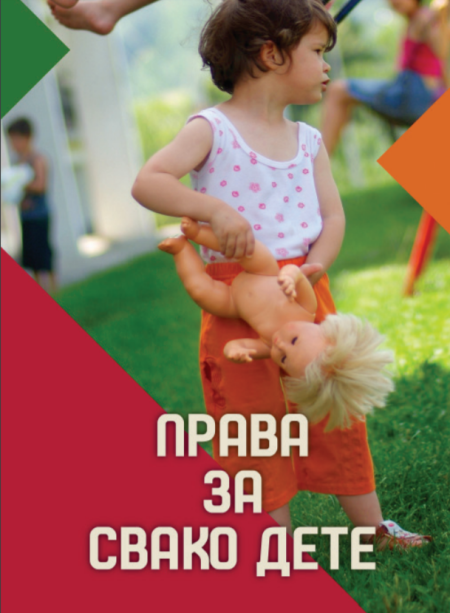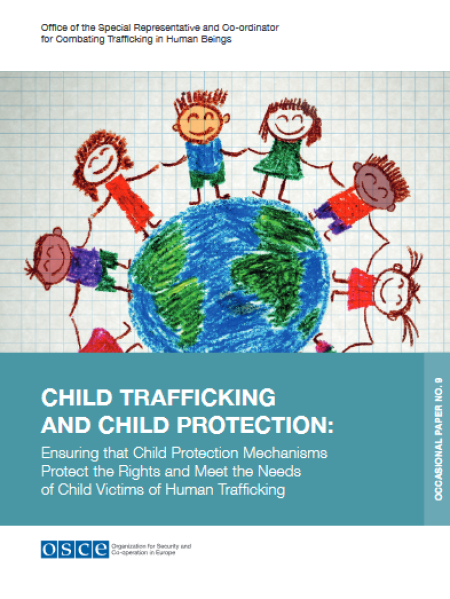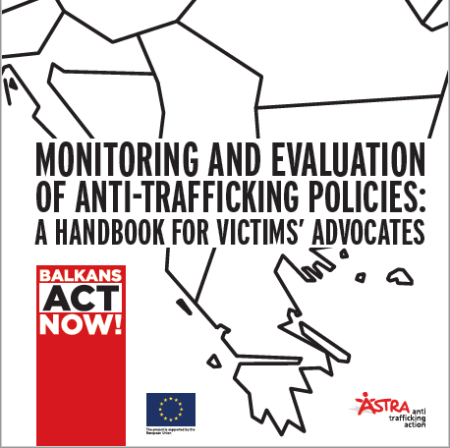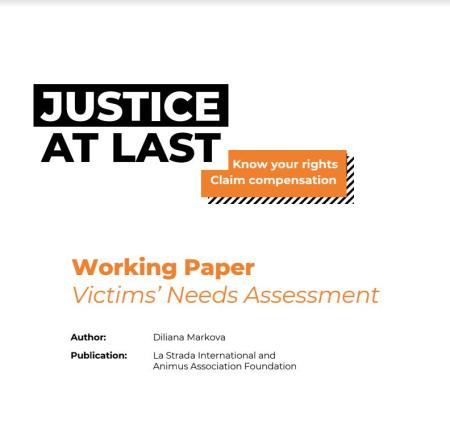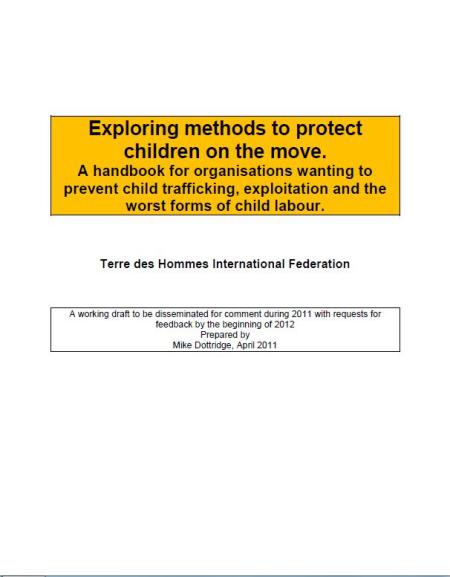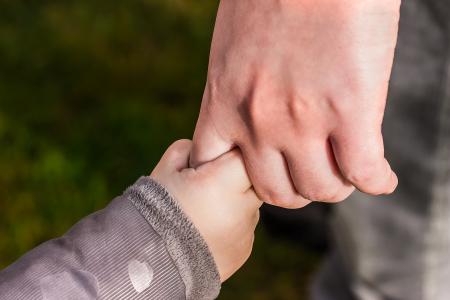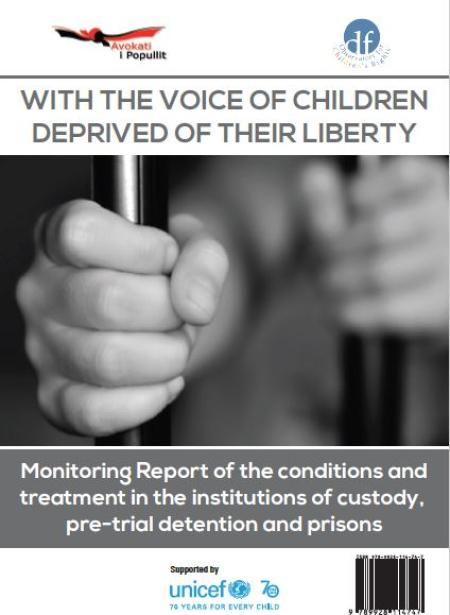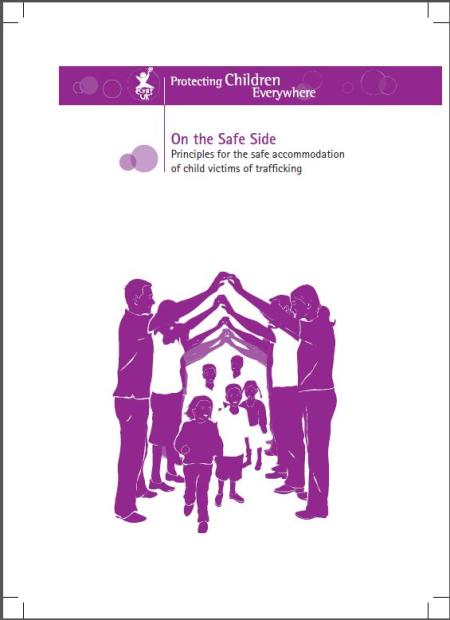
This handbook aims to support public officials in European Union (EU) Member States who are in charge of, or involved in, guardianship and legal representation of children at a national, regional or local level. It provides guidance on how to establish and run national guardianship systems, and it points to the main tasks that a guardian should carry out. In doing so, the handbook also aims to foster a common understanding of the function and role of guardians and legal representatives in the EU as an essential component of child protection systems. This, in turn, should contribute to promoting a shared understanding of the main principles and features of a guardianship system. Such a common understanding should help standardise the level of protection offered to children throughout the EU. The guidance provided is addressed primarily to EU Member State officials and guardians. It is also largely applicable to systems for legal representation of children in specific procedures (such as asylum procedures), even if a legal representative only complements the limited legal capacity of the child for the purposes of a particular procedure and thus is not responsible for the full range of tasks normally assigned to a guardian. This handbook does not address the appointment of lawyers who provide free legal aid to a child in specific civil, criminal or administrative procedures. Nor does it deal with persons who are in charge of the child’s day-to-day care. The handbook is structured in three parts. ** The introduction provides basic information on what the handbook covers and on the overall role of the guardian. It relates to national child protection systems set up to cater for the needs of different categories of children. ** Part I of the handbook sets forth the fundamental principles of guardianship systems and provides guidance on managing and strengthening guardianship systems. It is addressed to policy makers who are developing a national framework for the management and reinforcement of their guardianship system, and to the national authorities that are assigned guardianship responsibilities. It further describes the appointment procedures and the duration of the guardianship. ** Part II explains the tasks of the guardian. It is primarily addressed to guardians and those who are in charge of supervising their work.


